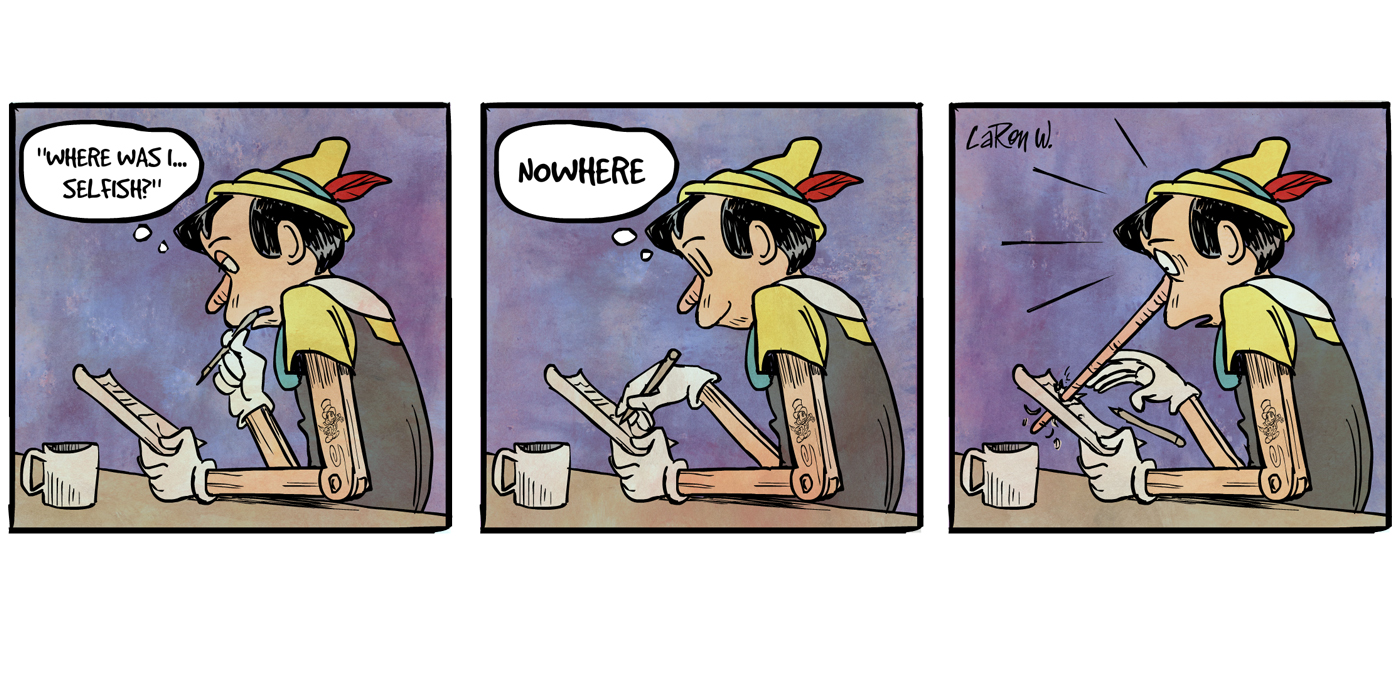I’m Dave, a grateful recovering sexaholic, sober by God’s grace since January 2004. My wife has been active in recovery working both Al-Anon and S-Anon for many years. We share “the Real Connection” because we each work our own programs. Our 28-year-old son is a promise of the program.
Due to a lifetime of practicing blame, self-criticism, and an isolating preoccupation with myself, it’s fair to say that I still have lots to learn about clear communication. Fortunately, through good sponsorship and learning to communicate with others in the program, I’ve made some progress in asking for help. Last winter, my wife and I attended a couples workshop at an SA/S-Anon marathon. In the workshop, entitled “Harmony in the House,” one couple shared their practice of communicating with each other by doing a daily couple’s Tenth Step.
We thought the idea was great so we adopted it. Each day one of us suggests it’s time to do our Tenth Step. We take turns sharing. Each person’s shares includes two parts:
1) I state where I have missed the mark. I share with my wife any behaviors or attitudes where I have missed the mark that day in relating with her and/or where I have been wrong or created barriers in our relationship. I try to be rigorously honest in assessing my own behavior. I may need to address several offenses. For example: “I was wrong to be critical of your taking so long to make up your mind about the new easy chair. I felt frustrated and irritated that you were ambivalent about the one I liked (the awesome purple La-z-boy!!!). When you asked me what I thought about your favorite, I demeaned your choice. I realize that I was both selfish and critical.”
2) I state what my partner has done well. After stating my wrongs, I affirm my wife for what I have appreciated about her attitudes, attributes, or behaviors as well as things she’s done in the last 24 hours that inspire me with gratitude, delight, or hope. For example: “I really liked the way that you encouraged me to call my sponsor when I was feeling perplexed. Sometimes you have a better perspective on when I need to ask for help than I do.” [Note that I did not tell her what she had done wrong or what I wish she’d appreciate about me!]
When I finish the affirmations, she thanks me, and then goes through the same admission of her wrongs and affirmations with me. We’ve found it important to be respectful and not to interrupt each other in this process (in much the same way that we do in program meetings).
This simple ritual has deepened my trust and appreciation for my wife and has resulted in a greater level of intimacy in our relationship. It has also impacted my self-esteem in positive ways as I become more honest (with myself and with my wife) and more aware of what I am feeling.
I find this ritual consistent with the spirit of Step Ten, in which I continue to take personal inventory, and when I am wrong, promptly admit it. As a recovering couple, this ritual has been a useful tool for each of us.
Dave Mc.






